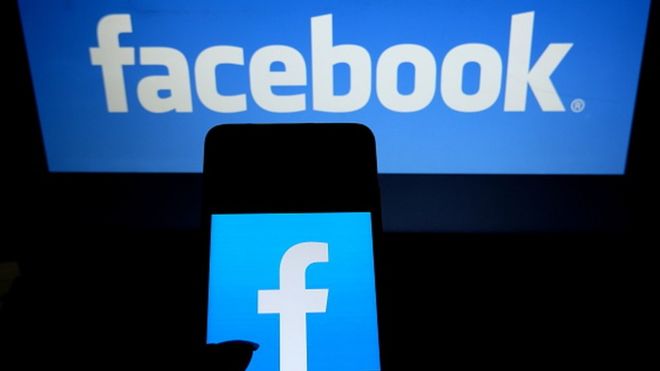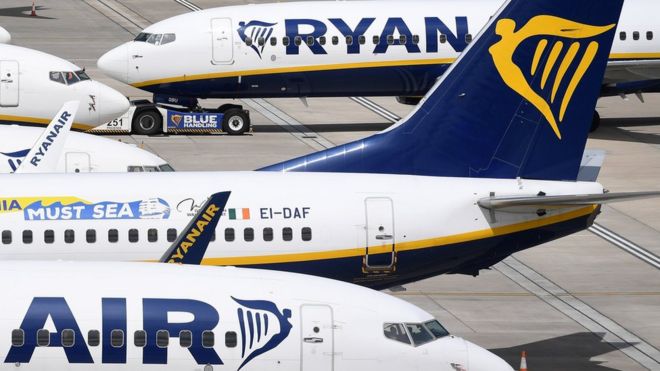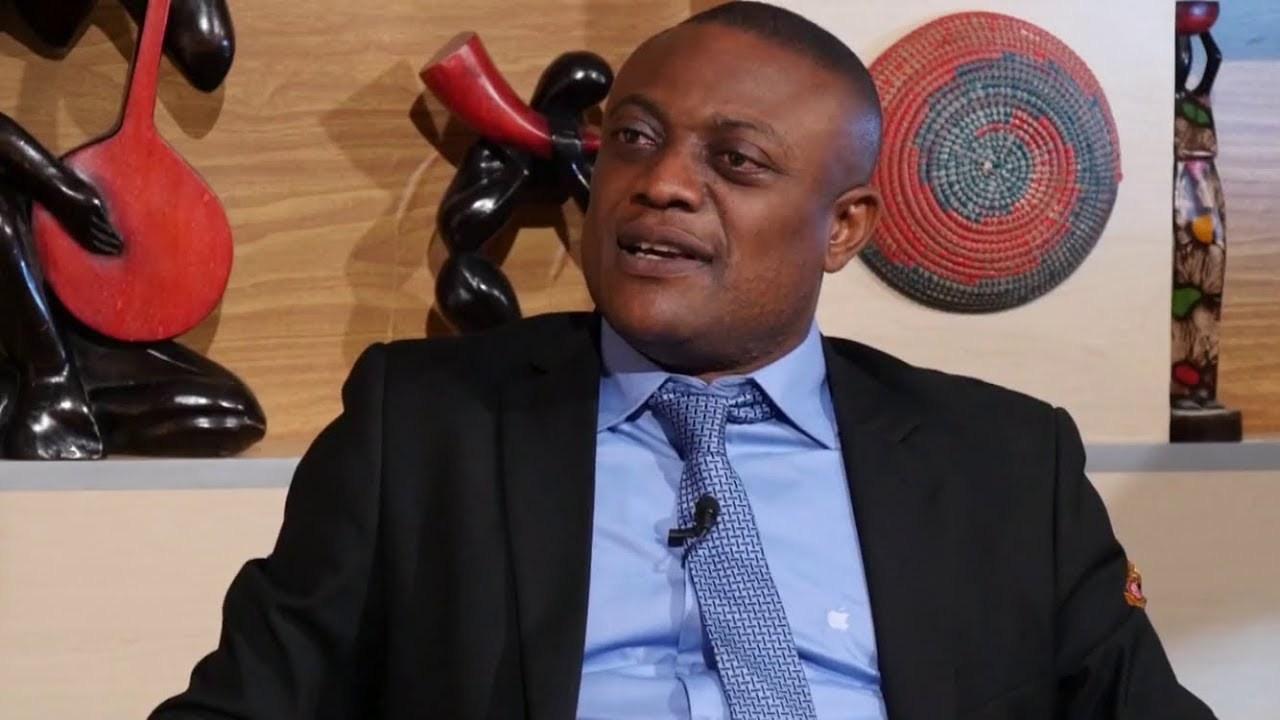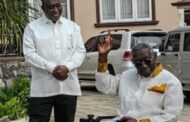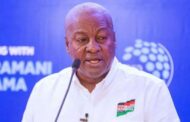Did Facebook go easy on hate speech by an Indian lawmaker belonging to the governing BJP to protect its interests in its biggest market? A Wall Street Journal report, based on interviews with current and former Facebook employees, suggests so, and it prompted immediate calls for an investigation. Soutik Biswas reports on the aftermath.
In its report, the WSJ said Facebook deleted some hateful anti-Muslim posts by T Raja Singh, a lawmaker from India’s southern Telangana state only after paper asked about them.
The paper reported that Facebook employees had decided in March that Mr Singh’s post violated the company’s hate speech rules and qualified as dangerous. But the firm’s top public policy executive in India, Ankhi Das, opposed applying “hate speech rules to Mr Singh and at least three other Hindu nationalist individuals and groups flagged internally for promoting or participating in the violence”.
Ms Das, the paper said, told employees that “punishing violations by politicians from Mr Modi’s party would damage the company’s business prospects in the country”.
The WSJ report has sparked calls by opposition MPs for investigations into Facebook’s conduct in India.
The leader of the main opposition Congress party, Rahul Gandhi, led the charge. He alleged that the BJP, and its ideological fountainhead, RSS, were “controlling” Facebook in India.
India’s information technology minister Ravi Shankar promptly responded. He alluded to his previous remarks in 2018 about “numerous reports” of Congress involvement with Cambridge Analytica and asking Mr Gandhi to “explain” the company’s role in his social media outreach. (That year India had taken down the local website of Cambridge Analytica following allegations the company used personal data of 50 million Facebook members to influence the US presidential elections.)
With more than 340 million users, India is Facebook’s biggest market. In April Facebook announced it was investing $5.7bn (£4.6bn) in cut-price Indian mobile internet company Reliance Jio, owned by the country’s richest person Mukesh Ambani. This would give Facebook a major foothold in India, where its WhatsApp chat service has 400m users and is about to launch a payments service.
I reached out to Facebook with a list of detailed questions. I asked why Facebook had not taken down Mr Singh’s posts earlier, what it did with the lawmaker’s account, and how many pages had been taken down and accounts suspended in India for hate speech.
“We prohibit hate speech and content that incites violence and we enforce these policies globally without regard to anyone’s political position or party affiliation. While we know there is more to do, we’re making progress on enforcement and conduct regular audits of our process to ensure fairness and accuracy,” a Facebook spokesperson replied in an email response. The firm did not provide any more details.
Separately, Andy Stone, a Facebook spokesman, acknowledged to WSJ that Ankhi Das had “raised concerns about the political fallout that would result from designating Mr Singh a dangerous individual, but said her opposition wasn’t the sole factor in the company’s decision to let Mr Singh on the platform”. Mr Stone told me he had nothing more to add.
The BJP lawmaker T Raja Singh said his official page on Facebook with 300,000 followers was “hacked and deleted” in 2018 and he had complained about it to the local cyber crime detectives. “I don’t know whether it was misused,” he told me.
He said Facebook might have recently taken down pages floated by his followers and containing inflammatory content. He said his followers might have “uploaded hate speech” on these pages.
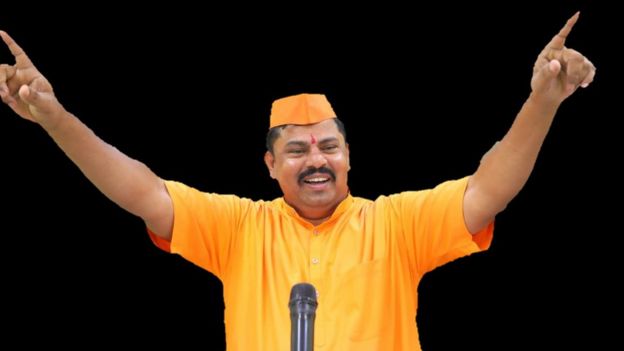
“Sometimes I go to public meetings and talk in style. My followers might have uploaded those videos”, Mr Singh, the sole BJP legislator in the 119-member elected Telangana state assembly said. Mr Stone told WSJ that Facebook is still considering whether it will ban the legislator.
When I asked him why he would post such incendiary content Mr Singh said: “There are a lot of anti-socials in my area. I counter them in their language, sometimes it is communal”. He said his Instagram account, which was still active, was not being operated by him.
This is not the first time allegations have been raised that Facebook is favouring the governing party.
A series of articles by journalists Cyril Sam and Paranjoy Guha Thakurta in 2018, wrote about the social media platform’s “dominant position in India with more than a little help from friends of Prime Minister Narendra Modi and the BJP”, among other things. (The articles also looked at the Congress party’s own “relations with Facebook”.)
The Congress party’s chief of data analytics, Praveen Chakravarty, says he met senior Facebook officials in the US and India in 2018 and “discussed the issue of bias and partisanship of their India leadership team” and denying to accept party advertisements relating to a controversial fighter jet deal by the government. “I was told that it will be looked into but nothing happened,” he says.
Last year, Derek O’Brien, a lawmaker belonging to the opposition Trinamul Congress party, raised the issue in the parliament. “Facebook censors anti-BJP news. Its algorithm censors anti-BJP news,” Mr O’Brien said in a short speech. When I reached out to him at the weekend, Mr O’Brien said: “There are other important issues to raise in the parliament, but this will not go unnoticed.”
Shashi Tharoor, a prominent Congress MP who heads a parliamentary committee on information technology, says he believes the “recent revelations raise questions that require explanation”.
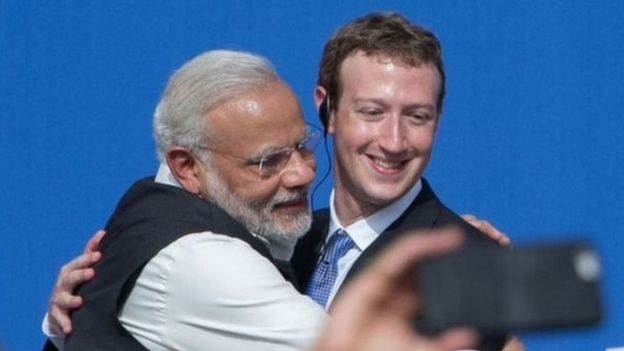
“The subject is serious because of Facebook’s extensive reach in India and the potential for hate speech to incite violence and other unlawful behaviour. How worrying this is to be determined after a hearing process is concluded, not on the basis of media reports,” he told me.
Chinmayi Arun, a fellow at the Information Society Project at Yale Law School, says it is difficult to assess Facebook’s record without access to the company’s data in India.
“There are contexts in which they have reacted swiftly or improved their policies based on feedback. But the system for implementation is opaque and one is unlikely to hear about the sort of incident that the WSJ reported unless insiders share information only available to Facebook,” Ms Arun told me.
In its latest biannual Community Standards Enforcement Report, Facebook said it had taken action against more than 20 million pieces of hate speech content that had violated its community standards between January and March. But in its biggest market, many say the social media behemoth needs to do more.
Source: BBC



